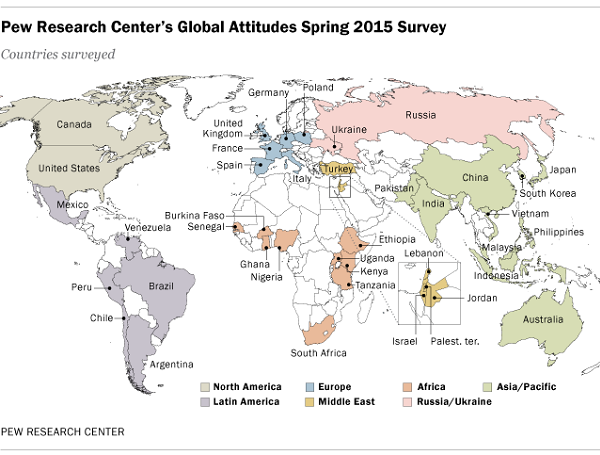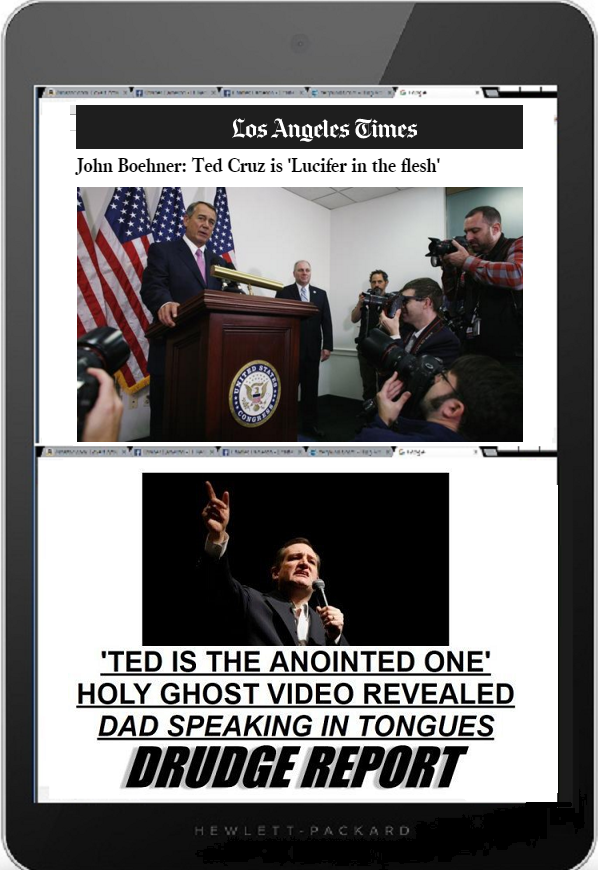[by Mark Safranski / “zen“]
Top Billing! James C. Bennett “Brexit and Beyond: Why Americans Should Support British Exit From the European Union, and What Could Come Next“
….However, the argument for Remain from the standpoint of American interest, whether articulated by Obama or academics, depends on a foreign policy world view that is probably well past its sell-by date. It continues to pin its hopes on the emergence of a federal United States of Europe as a strong, even co-equal partner in the world that, unlike its current scattered member-states, can afford the economic and military measures needed to help the US maintain world order. And it continues to hope that Britain will be a strong voice within such a Federal Europe for a pro-American policy. Secretary of State John Foster Dulles, back in the 1950s, famously described Britain as having “lost an empire, but not yet gained a role.” Leading a uniting Europe in a pro-American direction has always been the US State Department’s idea of what that role could be.
What is wrong with those assumptions? Just about everything.
To begin with, the idea of a united Europe that would be genuinely federal, which is to say anything other than an empire of one culture over the others, is highly unlikely if not chimerical. To the extent Europe today works, it is an empire of Germans, with the French as their lieutenants, over the rest. The Germans try to be polite about it, unless money is at stake, but the reality is a bit too visible for comfort these days. The British who believe in the idea of their place in a federal Europe, tend to work as lieutenants to the Germans on economic matters, and allies of the French on security matters, except where it comes to cooperation with the US, where they have only minor allies from Eastern Europe, who do not count for much in Brussels.
Scholar’s Stage – Sunzi on ISIS
….In the piece “The Radical Sunzi” I argued rather forcefully that the key to understand the Sunzi is realizing that it was not written in a vacuum. Much of it was written as a direct response to common attitudes of the time, which depicted war as a ritualized contest of heroes, and the conquest and conduct of war were treated as religious rites. Less time separated the China of the Sunzi from the China of Aztec-style human sacrifice than separated the Greece that produced Thucydides’s rationalist vision of war from the Greece that created the honor-driven duels of the Homeric epics. It is difficult to say if the Sunzi simply reflects a change in norms that was sweeping through ancient Chinese society, or if it was actually one of the causes of it. In any case, the change itself is clear. Before the Sunzi violence was justified as a sacral act, and it was employed mostly on for the purpose of personal honor; after the Sunzi violence was justified as a central pillar of statecraft, used mostly on the grounds of cool realpolitik. [7]
That is the context for the quotation above. When the Sunzi says that the best victory is the victory achieved without recourse to warfare at all, it was attacking the idea that victory and it’s glories were the purpose of war. When it says that a country conquered intact is better than a country ravaged by conquest, he is suggesting that ravaging is not a worthy end in and of itself. The unspoken subtext of this passage is that decisions in war should all be judged on the basis of interest (or ‘profit,’ the Chinese word used here is li ?) of the ruling house. The Sunzi may well have been the earliest voice in recorded history to argue that generals must use cost-benefit analysis to decide on whether or not to embark on any new campaign.
The idea that military force should be used rationally to accomplish national interests; that if possible it is better to achieve those same aims without war; and that every campaign should be subjected to a rigorous calculation of potential costs and benefits are so obvious to modern military planners that most of these ideas are simply assumed, not argued. They do not need to be argued because everyone already accepts them as the baseline for new discussion. When the Sunzi was originally etched into bamboo, however, this was not true. The idea that violence should be used as a rational instrument of policy was a new and radical idea. …
Queenofthinair –On the Platonic Form of Garrison Obedience and Garrison versus Combat: Are there different standards for Obedience?
….In garrison contexts, is there more bureaucracy and micromanaging? Is the appearance of obedience more important here because of how that looks relative to civilian ‘masters’ especially in terms of career promotions and procurement issues? Here is the idea that what really matters is the appearance of obedience and the sense of predictability and control that comes with that. As a mother, I wonder if this is like wanting to my kids to behave when we go to church, so others will think well of me and trust me in other matters.
In combat, it would seem that there is more fluidity and changes in circumstance where the individual has to interpret how an order is to be carried out given conditions on the ground. This seems to be what the above quote is referring to and seems to be an idea with intuitive appeal. War is not predictable or controllable in the ways that we might expect of civilian life or even a garrison context, so wouldn’t it make sense that we make allowances here for some disobedience? But then how does that jive with the conventional idea that obedience is so important under fire to keep people from harm and to achieve the mission? At the very least, there seems an interesting tension here.
….In combat, might is not be the case that results matter? If disobedience leads to good results then it is forgiven or tolerated, if not approved? If this is the case, this raises other questions about the grounds for the moral obligation to obedience in the military. It cannot be an absolute or even general obligation, it might be a conditional obligation? Are we willing to say: One ought to be obedient, unless disobedience produces a greater good? Are we willing to give individual members of the military the discretion to decide this? How do you train for this?
Admiral William McRaven – A Warrior’s Career Sacrificed for Politics
The Diplomat – Is China Gearing up for Another People’s War?
Global Guerrillas –The Return of Great Power War
The Strategy Bridge – #Reviewing Shanghai 1937 and Nanjing 1937
Small Wars Journal – Time to Bring Counterinsurgency to Molenbeek
John Hagel – The Big Shift in Business Models
Cicero Magazine – How Wars Are Fought Again in Memory
LifeHacker – Exploring the Myth of the Scientific vs. Artistic Mind
That’s it.








